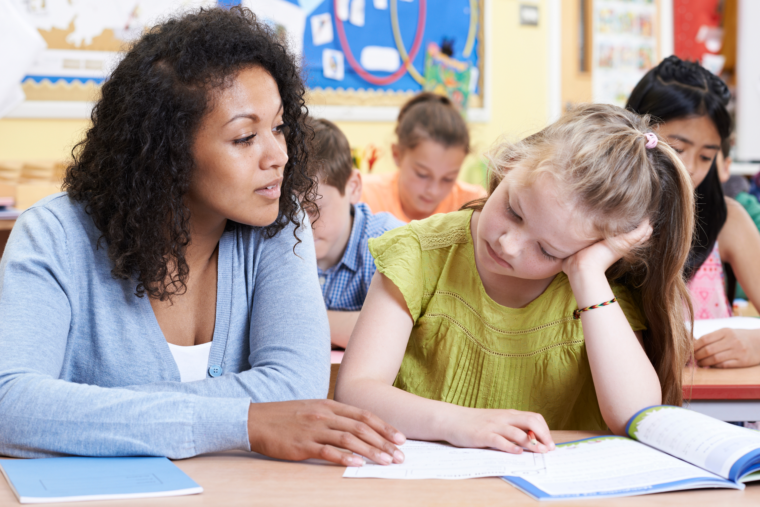You can be extremely bright and still have dyslexia. You just have to understand how you learn and how you process information. When you know that, you can overcome a lot of the obstacles that come with dyslexia. ~ Tim Tebow

Today’s letter is I, and the word is INFORMATION PROCESSING.
Yes, I realize it’s two words, but…
Information processing refers to the way your child perceives, organizes, and uses information to learn and interact with the world around them.
If your child struggles with reading and learning difficulties, information processing plays a critical role in their academic success and can be a challenge for them.
Here are three reasons why information processing is important when it comes to reading and learning:
- Attention: Information processing is very important for your child. It helps them pay attention in class and when they read. Without these skills, it can be hard for your child to focus on what they are reading or listening to. This makes it difficult for them to remember and understand the information.
- Memory: Information processing also plays a critical role in children’s memory. When reading, children need to be able to process and store information for later use. Efficient information processing skills allow children to effectively store information in their working and long-term memory, making it easier for them to recall information when needed.
- Language processing: Reading and learning need good language skills. Your child must be able to read words, know which words they have seen before, understand how sentences work, and use the right grammar and words when talking. Having good information processing skills helps your child process language better. This can help them read better, write better, and do better in school.
It is important to tackle these issues by identifying and diagnosing the specific difficulties your child is experiencing.
Addressing these difficulties often requires individualized intervention strategies and accommodations to help them improve their academic performance and succeed in life.
If your child has trouble reading and learning, join the Parenting Hub, where you can connect and network with parents who share similar challenges, ask questions, and seek solutions. And if you know someone with a child with learning differences, send them the link.

When one of my granddaughters when she was younger, I found that her memory was much better if she could hold her attention. She had a hard time reading so at times we would do a small amount of learning then take a break so she wouldn’t get frustrated. She is now a mom of 3, doing great and loves reading.
That was an excellent strategy you used with your granddaughter, Martha. And it paid off. If other parents had your patience and resourcefulness, many children would be much better off and less stressed because they learn differently than their siblings.